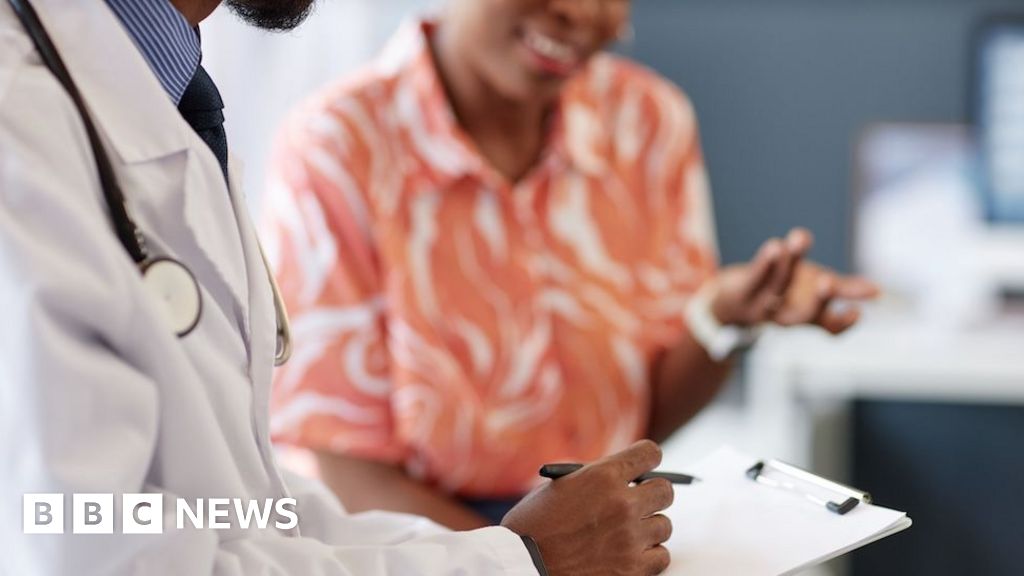ARTICLE AD BOX
By Robbie Meredith
BBC News NI Education Correspondent
Image source, Getty/vejaa
The effect of Covid restrictions and the pandemic on children with Special Educational Needs (SEN) could be "long-lasting" and "severe".
That is according to NI's mental health champion Professor Siobhan O'Neill.
Prof O'Neill also said young people as whole were "more heavily impacted by the pandemic and the restrictions than any other age group".
It led to "an increase in the symptoms of mental ill health, behavioural, emotional and attention difficulties".
Prof O'Neill was speaking during a briefing to assembly members (MLAs) on Stormont's education committee.
Previous reports, including from Northern Ireland's Commissioner for Children Koulla Yiasouma, have highlighted the "severe impact" of restrictions and the pandemic on young people.
Prof O'Neill told MLAs that symptoms of mental ill health in children "increased during times when there were restrictions to activities and a reduction in face-to-face teaching in schools".
Prof O'Neill was appointed as Northern Ireland's mental health champion last year
"Young people's mental health was poor before the pandemic and they were more heavily impacted by the pandemic and the restrictions than any other age group, there's now a huge volume of research that shows that," she said.
But she said that not all children and young people had been affected equally.
"Rates were higher in younger children, children with special educational needs or neuro-developmental disorders, and children in deprived areas," she said.
Prof O'Neill said the large-scale Co-Space study,, which tracked the mental health of parents, children and young people between March 2020 and July 2021, suggested "behavioural, emotional, and attention difficulties decreased as restrictions eased".
Therefore she suggested the impact would be relatively short-lived for most children.
But she said children with SEN and from low-income households had not "shown the same level of recovery".
That had led to some children harming themselves and injuring their parents.
However, the executive decided that special schools should remain open to all pupils when other schools moved mainly to remote learning in January 2021.
'Lower levels of happiness'
Prof O'Neill was asked by Sinn Féin MLA Nicola Brogan about the impact on children with SEN.
"I need to keep raising this at every opportunity because those are a group of young people who are not recovering," Prof O'Neill said.
"The effects are more long-lasting and much more severe.
"One of the studies showed that young people who were disabled had lower levels of happiness. That's just shocking.
"We need to do something for that group of young people and their carers.
"Some services haven't come back again, you know, and we've closed schools this week," she said.
Prof O'Neill also said it was "vital" that there was funding for a new 10-year mental health strategy including an increase in funding for Child and Adolescent Mental Health Services.

 3 years ago
37
3 years ago
37








 English (US) ·
English (US) ·